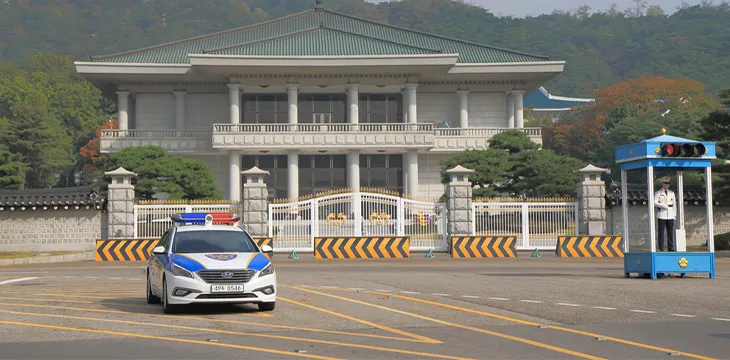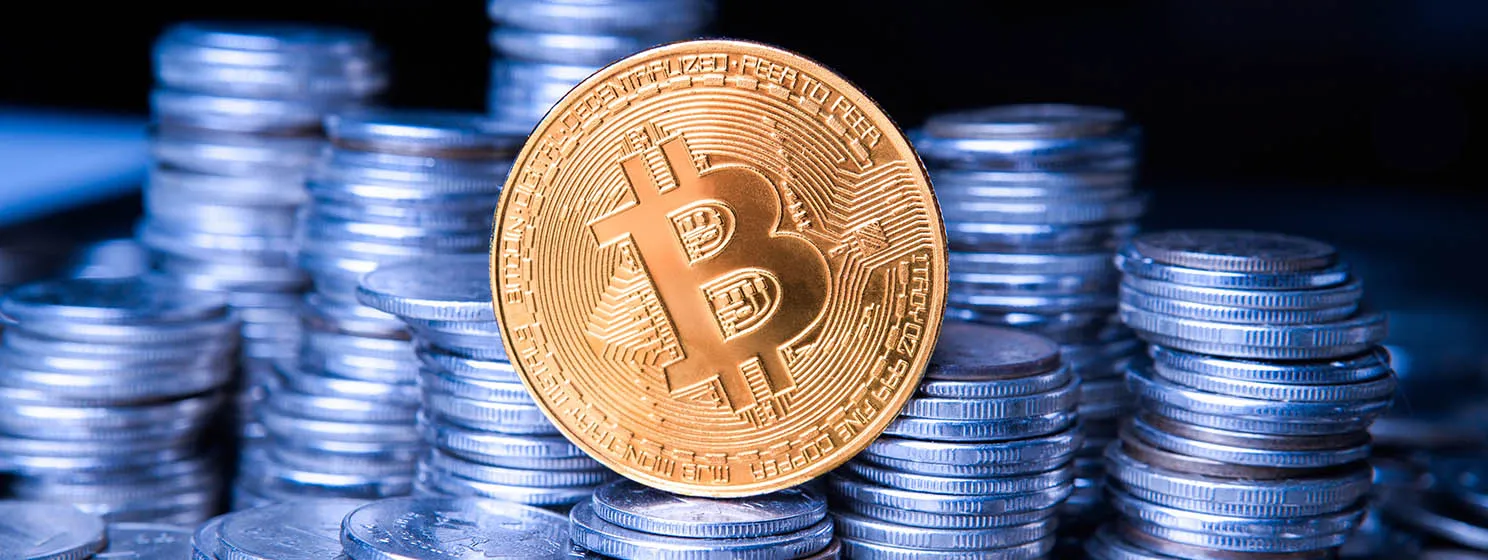|
Getting your Trinity Audio player ready...
|
South Korean authorities have arrested 25 Kimchi premium traders for allegedly making over $72,000 in illegal BTC trades.
Korean authorities have been cracking down on the Kimchi premium trading sector for the past few years, claiming these traders violate the country’s foreign exchange and money laundering regulations.
Kimchi premium is the gap in digital asset prices in Korean exchanges compared to global platforms, predominantly in BTC. The highest premium was recorded in early January 2018, at 47%. Traders purchase BTC on global exchanges and then sell it on Bithumb and Upbit, the two largest exchanges in the country, making a handsome profit.
Local outlets report that the National Police Agency’s Security Investigation Division in South Jeolla Province arrested the 25, accusing them of trading $72,000 in illegal BTC volume last year. The division is still investigating three dozen others and didn’t rule out the possibility of further arrests.
Of the 25, 10 were South Koreans, nine were Vietnamese, while the rest were originally from Vietnam but had acquired Korean citizenship. Kimchi premium trading, essentially arbitrage trading, isn’t illegal in itself. However, these traders violate other regulations in the process, mainly relating to foreign exchange laws. This includes failure to report – or incorrect reporting of – foreign exchange transactions exceeding $5,000.
According to one report, some traders transfer their profits abroad almost immediately to avoid scrutiny in Korea, while others even purchase precious metals and stocks with the proceeds.
The arrests are just the latest in a long line of arrests as the East Asian nation fights Kimchi premium trading. A month ago, an investigation by the Korea Customs Service unearthed a 2 trillion won ($1.4 billion) operation, which had brought in about $3.5 million in profits for dozens of traders. They posed as a cosmetics company when filing their taxes, claiming that the money they sent abroad was to purchase beauty products. However, they used this money to buy BTC abroad and dump it on local exchanges. Sixteen people were arrested.
Watch: The BSV Global Blockchain Convention panel, Law & Order: Regulatory Compliance for Blockchain & Digital Assets

 06-06-2025
06-06-2025 





